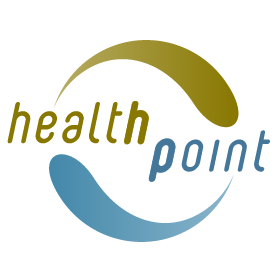Waikato > Private Hospitals & Specialists >
Dr Madhav Menon - Hamilton Cardiologist
Private Service, Cardiology
Cardiovascular Disease
This refers to narrowing of the arteries that supply blood to the heart muscle. The heart, like all other organs in the body, needs a constant supply of oxygen and energy. Narrowed arteries are unable to keep up with the demand needed to supply the heart muscle with blood. This can cause damage to the heart muscle if prolonged.
The most common symptom of this problem is chest pain that occurs when you exert yourself (angina). Typical angina chest pain is a heavy sensation in your chest associated with shortness of breath. It sometimes radiates to your arms and can make you feel like being sick, dizzy or sweaty. Not everybody experiences the same sensation and any one of those symptoms can represent angina. If your GP thinks you may have angina they will refer you for an assessment to plan treatment.
Heart Attack (Myocardial Infarction)
If an attack of angina lasts for more than 20 minutes then you may be having a heart attack. This is when a piece of the heart muscle has been deprived of oxygen for so long that it can die, resulting in permanent damage to your heart and in some cases death. There are treatments available in hospital that can prevent heart attacks and save lives so if you have chest pain or symptoms of angina that last for more than 20 minutes you should call an ambulance and go to hospital as soon as possible.
Am I likely to have cardiovascular disease?
There are several risk factors that are scientifically proven to be associated with this disease. However even if you don’t have any of the following it could still happen to you.
You are more likely to have cardiovascular disease if you have any of the following:
- Are or have been a smoker
- Diabetes
- High blood pressure
- High cholesterol
- A family history of the disease
- Are older (your risk increases as you get older)
Treatment consists of medications to protect the heart and its blood vessels. These include aspirin which makes the blood less sticky and prone to clots, medication to lower your cholesterol (even if it isn’t very high this is still helpful), medication to make your heart go slower and to open the blood vessels. You will be given a nitro lingual spray to carry with you with instructions of what to do if you have angina.
You will be given advice on diet changes that can protect the heart as well as stop smoking programs.
If you have had a heart attack you will be offered cardiac rehabilitation classes with a trained physiotherapist.
Depending on tests you may have procedures offered to surgically correct the narrowed blood vessels.
The cardiology department and your GP often share follow-up for this condition.

